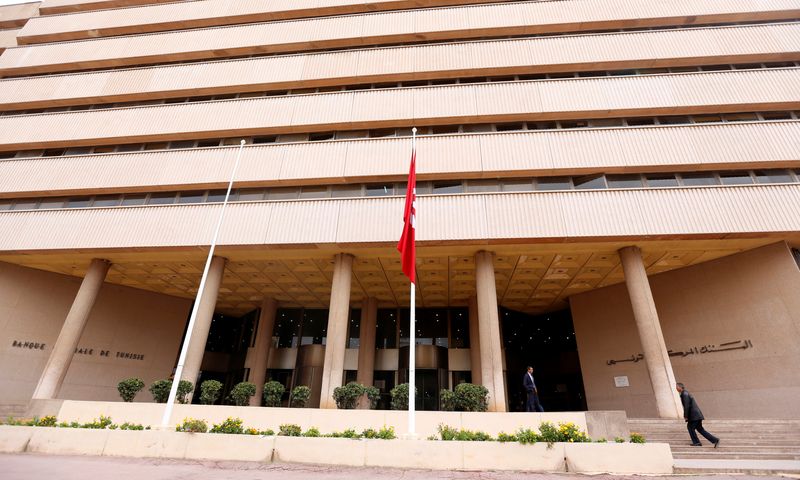By Lucy Craymer
WELLINGTON (Reuters) -New Zealand’s central bank slashed the cash rate by 50 basis points to 4.75% on Wednesday and left the door open for more easing as policymakers said monetary conditions are still restrictive even though inflation has returned to target.
The decision was in line with market pricing and most economists’ expectations, with 17 of 28 economists in a Reuters poll having forecast the Reserve Bank of New Zealand (RBNZ) to cut the benchmark rate by half a percentage point.
“The Committee agreed that it is appropriate to cut the OCR (official cash rate) by 50 basis points to achieve and maintain low and stable inflation, while seeking to avoid unnecessary instability in output, employment, interest rates, and the exchange rate,” the central bank said in its policy statement.
The kiwi dollar fell 0.5% to $0.6102, the lowest since late August, while two-year swap rates fell 3 basis points to 3.6450% after the decision. Swaps imply there is a 60% chance that the RBNZ could cut by another half-point in November again.
Minutes from the RBNZ committee said it assessed that annual inflation is now within its 1% to 3% inflation target range and converging on the 2% midpoint.
This is the second consecutive meeting in which the central bank has cut the official cash rate.
New Zealand’s annual inflation has come off in recent months. It was at 3.3% in the second quarter.
“The New Zealand economy is now in a position of excess capacity, encouraging price- and wage-setting to adjust to a low-inflation economy. Lower import prices have assisted the disinflation,” the statement added.

The meeting minutes noted that the economy, which contracted in the second quarter after posting meagre growth in the first quarter, was subdued in part due to restrictive monetary policy.
“Economic growth is weak, in part because of low productivity growth, but mostly due to weak consumer spending and business investment,” the minutes stated.











